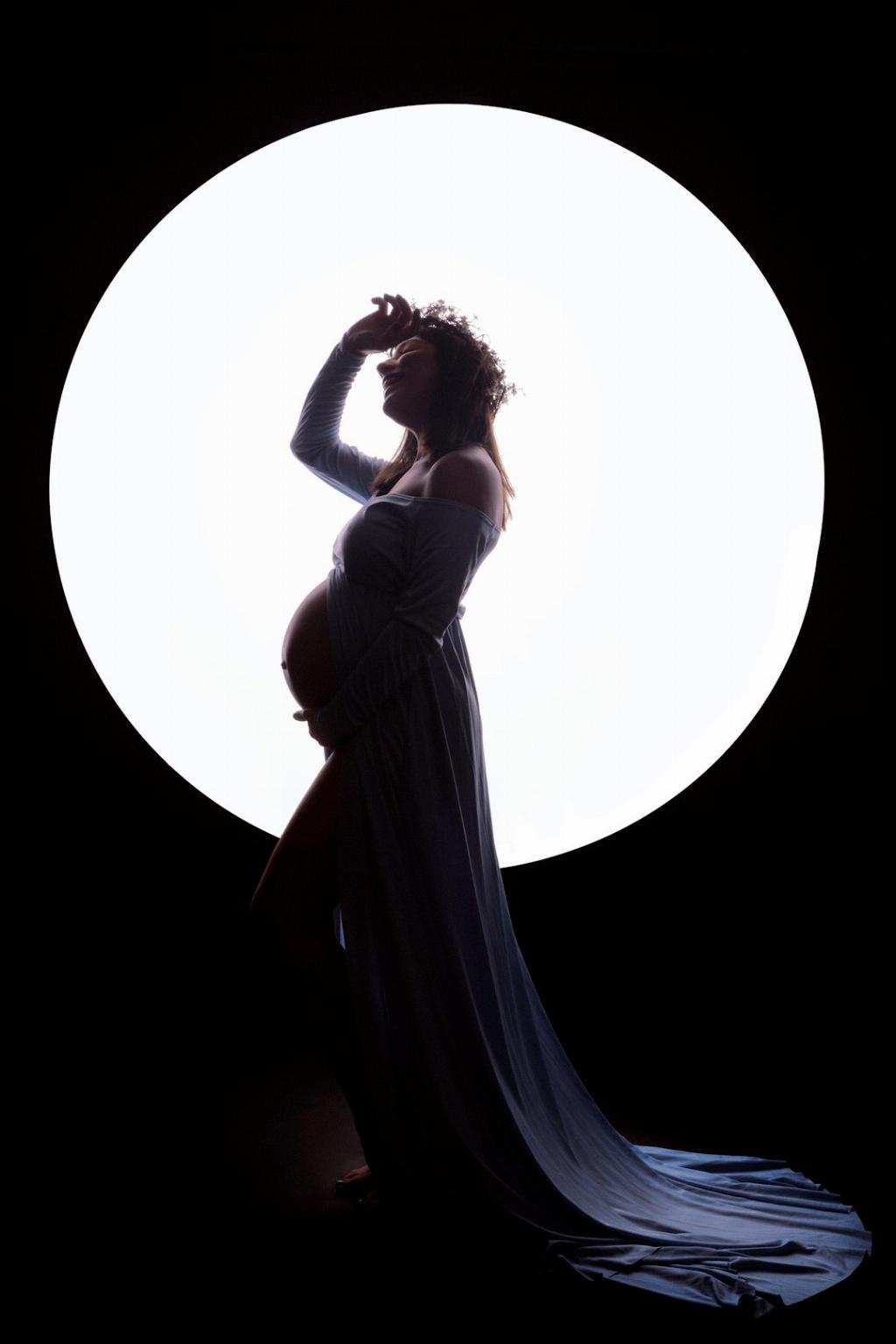During pregnancy, tracking the weeks and months can sometimes feel confusing due to the differing ways in which time is calculated. It’s important to remember that a standard pregnancy is considered to be 40 weeks long, starting from the first day of your last menstrual period. This means that a full-term pregnancy is typically around 9 months.
Weeks vs. Months Calculation
When it comes to determining which month you are in based on the number of weeks you have been pregnant, calculations can vary. Some methods divide the 40 weeks into 10 months of 4 weeks each, while others follow the traditional 9-month calendar, with each month averaging around 4.3 weeks.
18 Weeks into Months
At 18 weeks into your pregnancy, you are in the middle of your second trimester. This period is often considered a time of increased energy and reduced nausea for many expectant mothers. While some may not show a significant baby bump yet, the baby is growing rapidly and developing important structures like bones and muscles.
Understanding the Calendar Method
According to the calendar method, at 18 weeks pregnant, you are crossing over from the fourth month into the fifth month of pregnancy. This is based on the approximate division of 40 weeks into 9 months, with the fifth month starting around week 17 or 18.
Medical Perspectives on Pregnancy Duration
From a medical perspective, pregnancy is typically measured in weeks rather than months, as it provides a more accurate way to track the baby’s growth and development. Healthcare providers often use the gestational age in weeks to monitor the progress of the pregnancy.
Body Changes at 18 Weeks
At 18 weeks, some women may start to notice physical changes such as a slight baby bump, as the uterus expands to accommodate the growing baby. You may also begin to feel the baby’s movements, known as quickening, which can be an exciting milestone in the pregnancy journey.
Emotional and Psychological Aspects
Entering the fifth month of pregnancy at 18 weeks can bring a mix of emotions for expectant parents. It’s common to feel a sense of anticipation and excitement as the pregnancy progresses, along with feelings of responsibility and preparation for the arrival of the baby.
Health and Well-Being Considerations
As you reach the midway point of pregnancy, maintaining good health and self-care becomes essential. Regular prenatal check-ups, a balanced diet, adequate rest, and staying active can all contribute to a healthy pregnancy for both the mother and baby.
Connecting with Your Baby
Feeling the baby’s movements at 18 weeks can create a special bond between the expectant parents and the little one growing inside. Taking time to talk, sing, or gently massage the belly can foster a sense of connection and help prepare for the joys of parenthood.
Preparing for the Future
As you progress through the weeks of pregnancy, it’s a good idea to start thinking about practical preparations for the baby’s arrival. This may include setting up the nursery, researching childbirth classes, and discussing birthing preferences with your healthcare provider.
Final Trimester Approaching
With the fifth month of pregnancy just beginning at 18 weeks, the final trimester is on the horizon. This period brings further physical changes, increased prenatal appointments, and final preparations for labor and delivery. Taking each week as it comes can help navigate the journey ahead.
Conclusion
In conclusion, at 18 weeks pregnant, you are indeed considered to be in your fifth month of pregnancy according to the calendar method. While the weeks vs. months calculation can differ, what remains consistent is the remarkable journey of pregnancy and the anticipation of welcoming a new life into the world.

